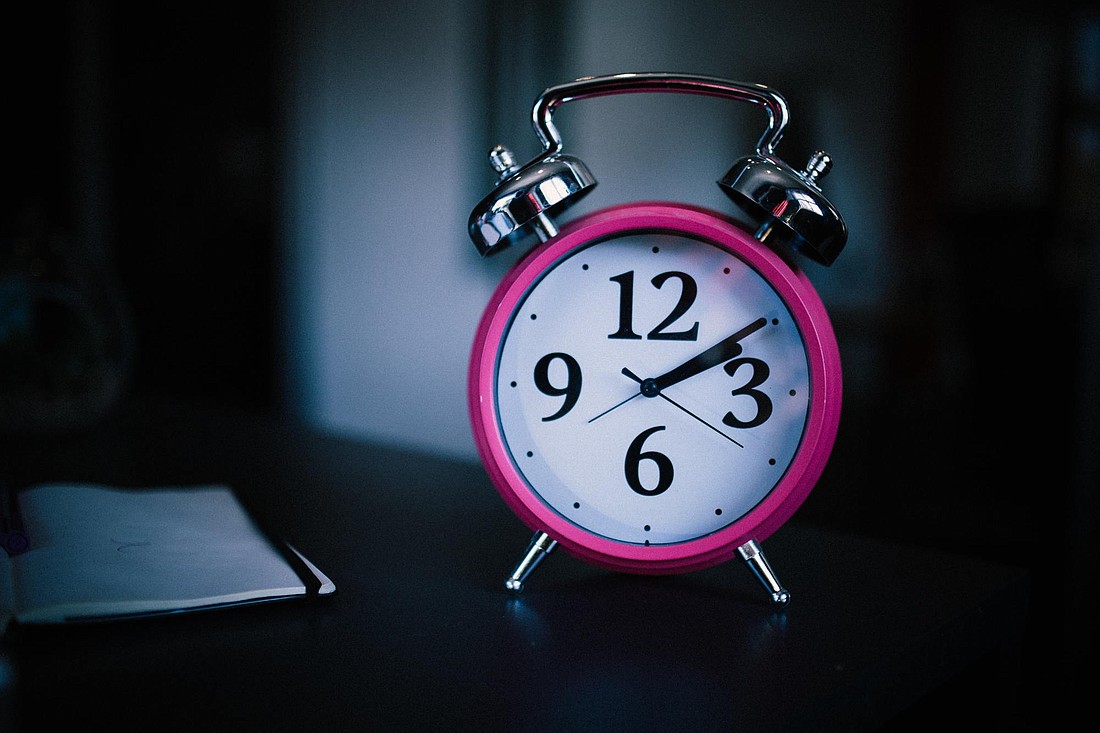- April 23, 2024
-
-
Loading

Loading

Most people know sleep is important, but fewer know why it's important or what affects a good night's rest.
It turns out that sleep is most affecting by body cycles called circadian rhythms. To explain what these cycles are, how these cycles affect the body and what can be done to get them in sync, we have put together an FAQ on the subject.
What are circadian rhythms?
According to the National Institute of General Medical Studies, circadian rhythms are physical, mental and behavioral changes that occur in 24-hour cycles. These cycles are the body's way of keeping time. They are controlled by small nuclei in the middle of the brain called suprachiasmatic nuclei, and although there are still some unknowns about how circadian rhythms work, the thing that seems to affect them the most is light. It's why humans generally sleep at night and are awake during the day. It's also why people who are blind are more likely to have trouble sleeping.
What do circadian rhythms affect?
More than most people realize. For example, our body temperature rises during the last few hours of sleep — assuming the brain is on a proper cycle and knows when "the last few hours" are. According to UCLA Health, this rise in body temperature contributes to feeling alert in the morning. It makes sense, then, that your body temperature drops at night as your brain prepares for sleep. It wants you tired, not alert. Most people also drop temperature between 2-4 p.m., which is why some feel tired working in the afternoon.
Circadian rhythms affect more than temperature, though. According to NIGMS, those rhythms also affect hormone releases, eating habits, digestion and the effectiveness of your immune system, among other things. In other words, when circadian rhythms are off, humans can feel discombobulated. In the short term, this could lead to an increase in irritability and a decrease in memory, but in the long term, having poor circadian rhythms can affect cardiovascular and gastrointestinal health as well as mental health.
What can be done to stabilize them?
The best thing you can do for their circadian rhythms is have a dedicated sleep schedule. Going to sleep and waking up at the same times each day will make sure your body and brain are in sync and provide the changes you need when you need them.
Of course, for many people, this simply isn't possible, either because of shifting work schedules, changes in daylight saving time, flights to different time zones or simply because we feel like changing it. Sometimes watching a movie at 11 p.m. or hitting the town for a late night with friends sounds like the right call. On those nights, there are still things you can do. The Mayo Clinic advises people not to go to sleep stuffed or starving, instead aiming for a comfortable middle. You can also use room-darkening shades and avoid blue light in the hour before you sleep.
For a more analytical look at how you're sleeping long term, use devices like Apple Watches and Fitbits to track your sleep habits.
How do sleep tracking apps work?
There are tons of sleep-related apps available for the Apple Watch and other devices, but they all work in a similar way. The devices use their motion and heart rate sensors to learn how fast a person falls asleep once in bed, as well as how long they stay asleep and how restful that sleep is. In other words, they track micromovements — i.e., how much you are breathing. Based on the data the apps receive over time, they suggest changes users can make to improve their sleep habits.
These are the basics, but some apps do more than others. For example, on Apple Watch, Apple's built-in Sleep app syncs with the Watch's Wind Down and Do Not Disturb features to create a whole routine for sleepers. Other apps, such as Sleep Cycle, will wake you with haptic vibrations when it knows you are in the lightest cycle of sleep, thus ensuring you rise refreshed and alert instead of groggy.
As technology improves, the scope of what devices are able to do increases as well. For example, a company called NightWare makes an app that is designed to help people with traumatic nightmares get a better night's sleep. The app uses formulas customized to each individual to recognize when a nightmare is occurring, then using vibrations to rouse the individual without waking them, essentially knocking them out of the nightmare without interrupting sleep. Currently, the app is focusing on people with PTSD and requires a doctor's note through the Veterans Health Administration or the Department of Defense Military Health System to use, but it might be more widespread in the future.